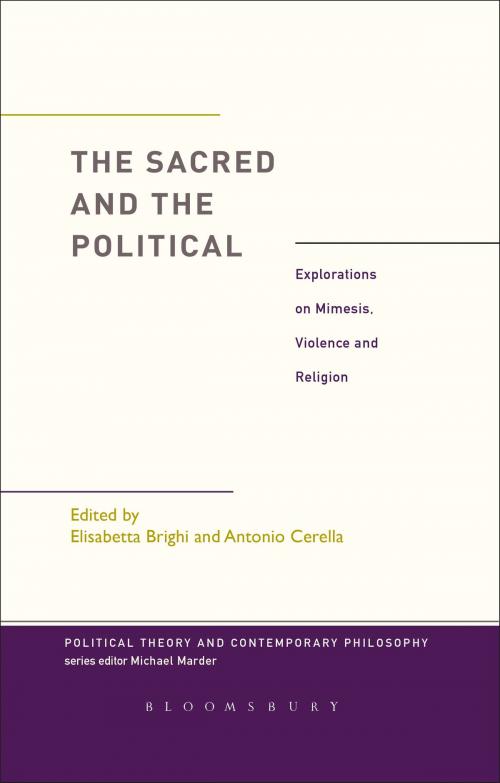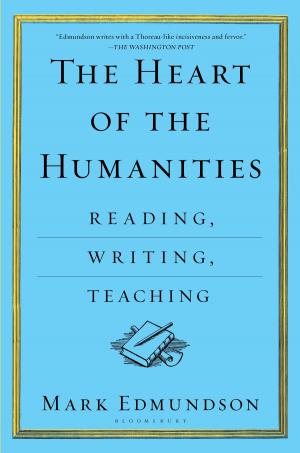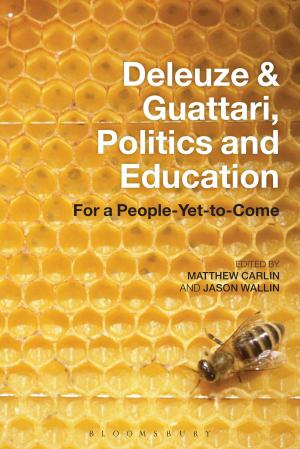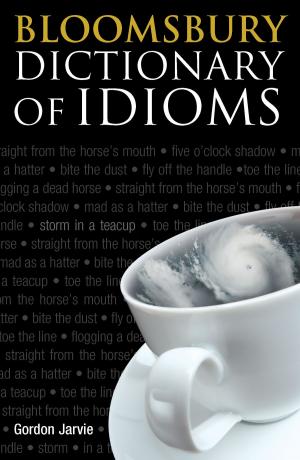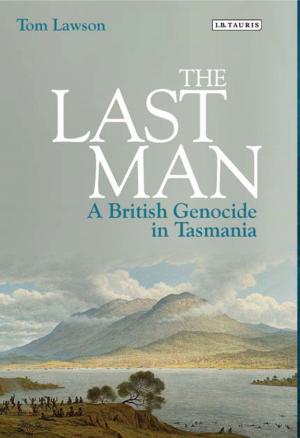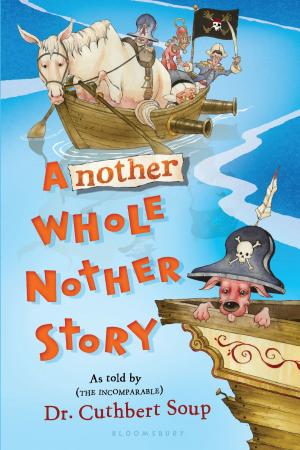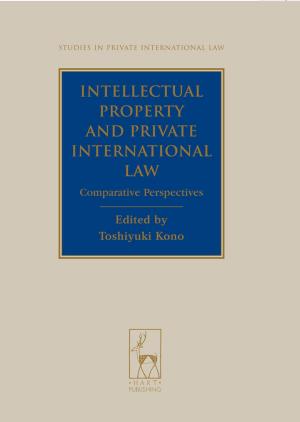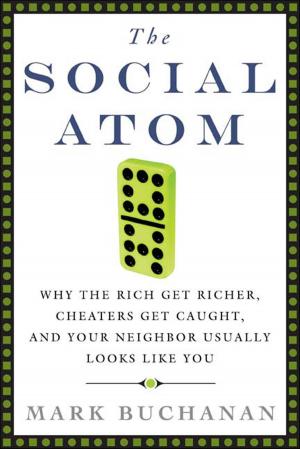The Sacred and the Political
Explorations on Mimesis, Violence and Religion
Nonfiction, Religion & Spirituality, Philosophy, Social & Cultural Studies, Political Science| Author: | ISBN: | 9781628925982 | |
| Publisher: | Bloomsbury Publishing | Publication: | July 28, 2016 |
| Imprint: | Bloomsbury Academic | Language: | English |
| Author: | |
| ISBN: | 9781628925982 |
| Publisher: | Bloomsbury Publishing |
| Publication: | July 28, 2016 |
| Imprint: | Bloomsbury Academic |
| Language: | English |
What is the relationship between the sacred and the political, transcendence and immanence, religion and violence? And how has this complex relation affected the history of Western political reason? In this volume an international group of scholars explore these questions in light of mimetic theory as formulated by René Girard (1923-2015), one of the most original thinkers of our time. From Aristotle and his idea of tragedy, passing through Machiavelli and political modernity, up to contemporary biopolitics, this work provides an indispensable guide to those who want to assess the thorny interconnections of sacrality and politics in Western political thought and follow an unexplored yet critical path from ancient Greece to our post-secular condition. While looking at the past, this volume also seeks to illuminate the future relevance of the sacred/secular divide in the so-called 'age of globalization'.
What is the relationship between the sacred and the political, transcendence and immanence, religion and violence? And how has this complex relation affected the history of Western political reason? In this volume an international group of scholars explore these questions in light of mimetic theory as formulated by René Girard (1923-2015), one of the most original thinkers of our time. From Aristotle and his idea of tragedy, passing through Machiavelli and political modernity, up to contemporary biopolitics, this work provides an indispensable guide to those who want to assess the thorny interconnections of sacrality and politics in Western political thought and follow an unexplored yet critical path from ancient Greece to our post-secular condition. While looking at the past, this volume also seeks to illuminate the future relevance of the sacred/secular divide in the so-called 'age of globalization'.
